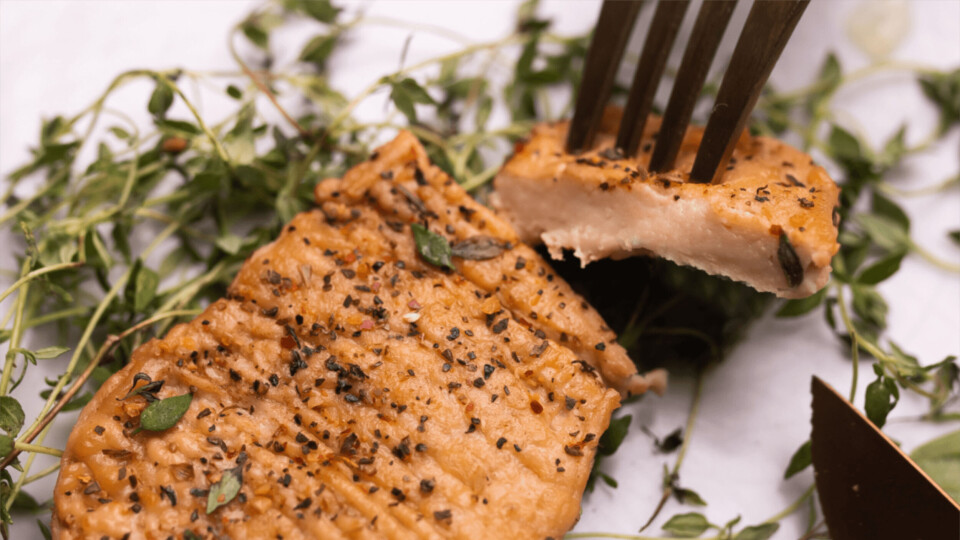
Bio-printed snapper added to ‘alternative fish’ options
A plant-based, bio-printed alternative to red snapper produced by foodtech company SeaSpire is expected be on the market in the Asia-Pacific (APAC) region by early next year.
The company said its technology platform is capable of structuring both plant and synthetic biomass such as cultivated meat into whole muscle through artificial intelligence-controlled precision and improving production scale by increasing throughput from current scale of 3D printing.
SeaSpire is establishing an operational base in India to cater to the APAC region, which varies in area depending on context, but generally includes East Asia, Oceania, the Russian Far East, South Asia, and Southeast Asia.

Pilot launches
Plant-based meat consumer adoption in the Indian-subcontinent is on its rise and the company, its research and development base in New Zealand, is optimistic that this region will also experience similar growth in demand across the alternative seafood category in the coming years.
Over the coming months the company will pilot-launch its first set of plant-based seafood offerings in India and New Zealand, starting with plant-based whole-cut snapper filets, and focus on building an alternative-seafood brand in the emerging APAC markets including Singapore and Australasia.
Green field opportunities
“We see green field opportunities when it comes to alt-seafoods in the largest seafood consuming regions like India and south-east Asia. We aim to drive category growth in this region with a range of healthy and delectable alt-seafood starting with our whole-muscle whitefish fillets,” said co-founder Shantanu Dhangar in a press release.
SeaSpire focuses on the circular economy and is investigating potential of upcycled horticultural side streams to develop feedstock for their alternative seafood.
“We need smart proteins and even a smarter production infrastructure to address sustainable food transition for future generations. Reducing supply chain stress, ingredient innovations and upcycling feedstock are supporting pillars for our success at SeaSpire,” said co-founder Varun Gadodia.























































